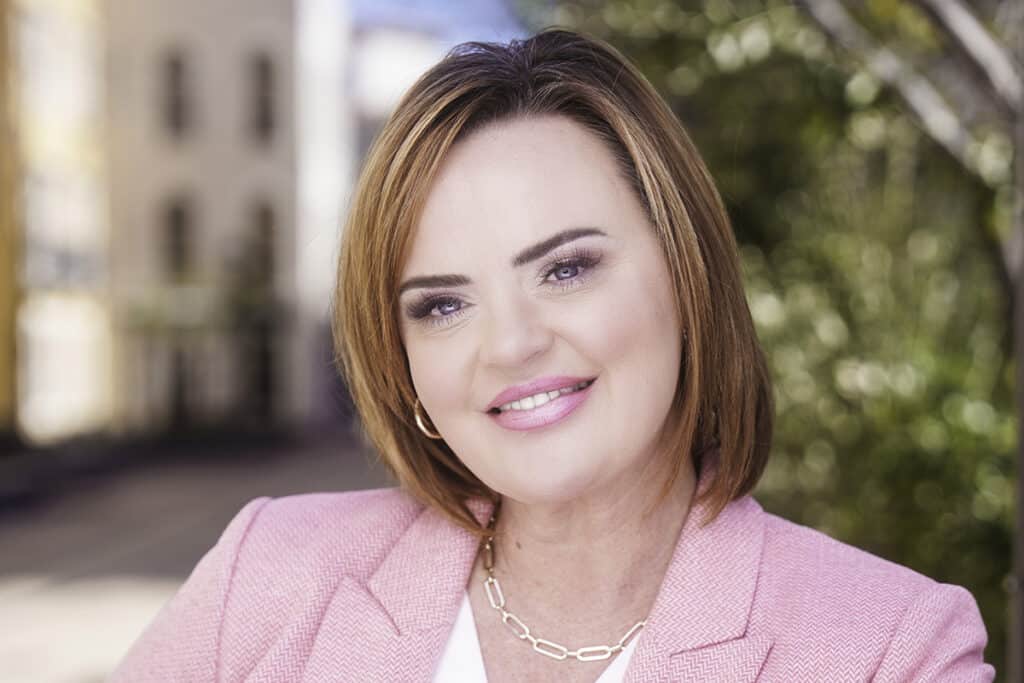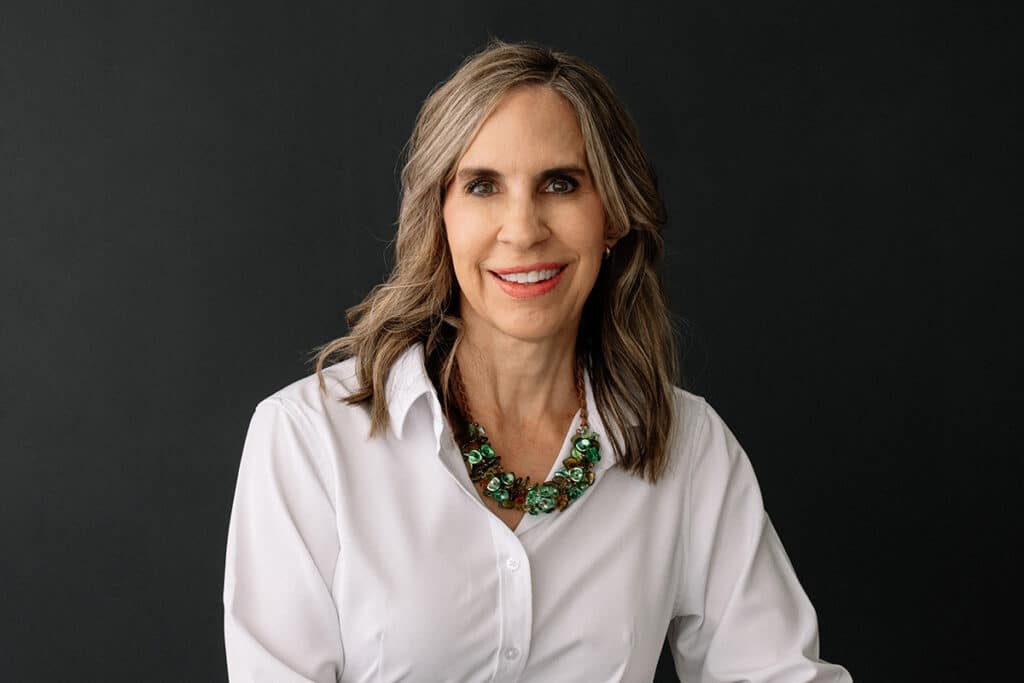By Jennifer Newell, Founder and CEO of Betty’s Co. & Jillian LoPiano, MD, Medical Director of Betty’s Co.
One of the most challenging aspects of parenthood is helping children navigate the many milestones of adolescence. For parents raising daughters, this includes guiding them through the ups and downs of living with their newly activated reproductive system, from general care and hygiene to symptom management to new healthcare providers—gynecologists.
Parents may sometimes feel a little lost when it comes to introducing their daughters to a gynecologist. It isn’t surprising, considering even adult women struggle to navigate the complexities of the healthcare industry. Don’t worry, parents. There are three ways you can create a safe space for your daughter to get her healthcare needs met.
Establish an Early Relationship with a GYN
There are a lot of misconceptions about what care young women need and when they need it. However, the gist is young women have specific healthcare needs once they begin menstruating. The average age a young woman begins menstruation is 12, but it can be as early as 8 or 9 years old.
The American College of Obstetricians and Gynecologists (ACOG) is a group of OB-GYN doctors and professionals who set guidelines and best practices for patient care. They recognize the importance of young women getting specialized care once they start their periods and recommend a first visit with a gynecologist happen between ages 13 and 15.
Parents need to recognize that, during this time, their daughter’s bodies are doing new things, and they are learning how to respond to these new experiences. Not only are these experiences challenging to manage, but they’re awkward to discuss, especially with parents. One young woman had a traumatic first experience with a tampon that got stuck. Her mother offered to help her, but as the young woman shared, “I politely declined. I mean, who wants their mom helping them with a tampon in middle school.”
Early introductions to gynecologists help to create a sense of normalcy for younger women around their bodies and their ongoing need for women’s health. Plus, it establishes a women’s health provider as a go-to resource for their questions and concerns before they reach major lifestyle milestones, like sexual activity and pregnancy.
Tell Her Exactly What Happens During Pelvic Exams
Unlike in the past, it is rare for a teenager to need a pelvic exam during a gynecology visit. Even so, it’s good to begin discussing it both with her and with her women’s health provider now because setting expectations can alleviate any anxiety she may feel in the future when she does receive one.
We have created a scripted discussion guide for talking to a teenager about their first pelvic exam. Please reach out if you would like a copy.
Remind your daughters that her provider wants to make her as comfortable as possible. So, communicating any sensations—whether pain or discomfort—will help them better serve her. This brings us to our final, but very important, piece of advice.
Teach Her to Self-Advocate
We were chatting with a Boerne mom recently, and she shared with us an interesting encounter she had with her 8-year-old daughter about an impending visit with the pediatrician. On the way to the visit, the daughter asked her mom if the doctor had to examine her “vajayjay” this time. The mom said she didn’t know and asked her daughter what she wanted, to which the little girl responded that she didn’t want the pediatrician to examine her. So, the mom told her daughter that if she didn’t want the doctor to do the exam, she needed to tell him herself. They went into the pediatrician, and the daughter voiced her concerns, which spurred a conversation about what exam was needed (a very quick look) and why (to ensure development), and how he, as her doctor, could make it more comfortable for her.
With this one exchange, the mother taught her daughter a significant lesson: how to advocate for herself. By encouraging girls at young ages to ask questions, make requests, and even say no when they feel uncomfortable, they will feel empowered in future visits to speak up for themselves.
Gynecological visits, in particular, are personal in nature and can make young women feel vulnerable and anxious about discussing private or sensitive subjects and any exam that is needed. As a parent guiding your daughter through her first women’s health experiences, consider sharing with her these options:
- She may request to talk to the doctor before getting undressed. If she is uncomfortable sitting on the exam table wearing nothing but a medical gown, then she should not have to describe her symptoms and ask questions this way!
- She may even ask to speak with the doctor in an office setting and not an exam room. Depending on space and setup, this may not be possible. However, if there is an environment that would make her more comfortable, the care team should work to accommodate her request.
- She may request a chaperone to be in the room. Having a second person in the room to observe or assist the provider is pretty routine these days. However, if there is not someone else present, it is her right to ask for one. If the provider denies her an observer and she is uncomfortable moving forward, she can end the visit and find a new provider.
The more she understands about the exam, the more she can advocate for the things that will make her more comfortable. She herself can assist with overall positioning, speculum placement, and even the provider’s hand placement.
In our daily work with Betty’s Co., a women’s health company in San Antonio that caters uniquely to younger women, we are encouraged by the stories young women share and how open they are about their experiences. We recommend parents have open conversations with their daughters about their health needs, but we also recommend parents actively help their daughters take control of their own healthcare by setting them on a strong foundation with a women’s health provider.
For more information, visit bettysco.com.
Jennifer Newell is a passionate healthcare entrepreneur and founder of Betty’s Co., a women’s healthcare company that serves younger women with the care, products, and education they need to stay well.
Dr. Jillian LoPiano believes in educating and empowering women to manage their own health and wellness. With a Medical Degree from The George Washington University, Dr. LoPiano serves as the Medical Director of Betty’s Co.





